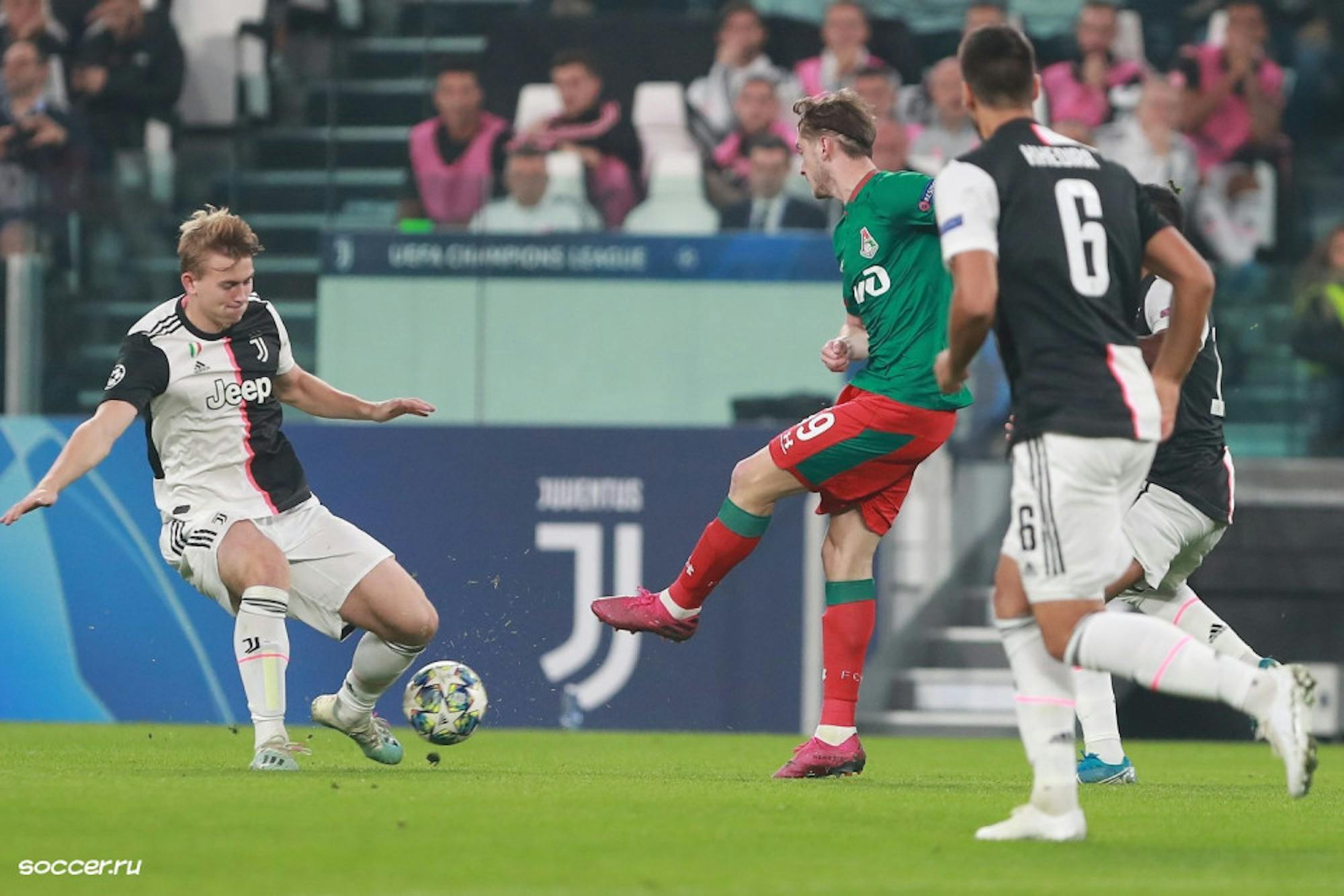Let’s set the stage:
Prior to their match scheduled in Turin against nine-time reigning champions Juventus on Oct. 4, two Napoli players (Eljif Elmas and Piotr Zieliński) tested positive for COVID-19.
Prior to this match, multiple games in Serie A (the Italian football league) had been conducted with squads having at least one player testing positive for the virus. In fact, Genoa had 14 players test positive, yet continued to play.
However, Napoli’s local health officials (the ASL) deemed the club could not travel to face its Northern opponents — in fact, Napoli were sitting in the airport on Saturday night, ready to fly, when they heard the final verdict. Ultimately, they were left stranded.
Juventus, however, were unbothered. Despite being well aware of the fact that Napoli were not traveling, the reigning champions went ahead and released a lineup, traveled to the stadium, turned on the floodlights and gave off every possible semblance that their opponent just genuinely didn’t feel like showing up, as if Napoli were cowering in fear instead of showing up to face the defending champions.
As such, Serie A customarily ruled the match forfeited 3–0 in Juventus’ favor, and the league blocked Napoli’s “force majeure” and referenced the league’s health protocol: “The federation's protocol states that, if players test positive, the rest of the squad can still train, travel and play again providing they are tested again and return negative results.” To add insult to injury, the league slapped a one-point deduction onto Napoli for their troubles.
Funnily enough, following the subsequent international break, Juventus’ Cristiano Ronaldo and Weston McKennie both tested positive for the virus while away from the club. They would face no match forfeitures or point deductions, and life for the Turin-side carried on as normal (sans the appearance of their marque man).
If different regions of Italy are enforcing different protocols, should one club be more harshly punished? If the club reports are true, Napoli were in what could be deemed a “soft quarantine,” no different from the ones fellow Serie A clubs AC Milan, Atalanta and Genoa have faced this season.
Juventus did not even bother respecting Napoli’s request to reschedule the match, supposedly filed in advance of the match. What did the Juventus board have to say?
"Napoli president [Aurelio] De Laurentiis sent me a message and I replied that [we], as always, abide by the rules," Andrea Agnelli, the president of Juventus, said.
That’s rather rich coming from a side who 15 years ago was embroiled in the biggest corruption scandal in the recent history of the sport. The Calciopoli scandal was a clientelistic ploy orchestrated by the Juventus hierarchy that sought to gain influence on the appointments of new referees. Once caught, the club was stripped of the 2004–05 league title and relegated to Serie B (the lower division).
Of course, there is the pandemic. The same pandemic that made the Serie A the first major European league to shut down back in March. The same pandemic that has made football a scheduling nightmare in 2020. The same pandemic that Cristiano Ronaldo, of all people, is battling.
So are we selectively choosing to punish some teams and not others? Sure, there is a protocol for docking teams that do not show up to matches, but why the additional point punishment? Would Juventus complain about a future infraction?
Perhaps this is all just me waffling because of my previously-held contempt for Juventus. It’s not like they pay Cristiano Ronaldo a higher wage than the amount other teams in the league pay their entire rosters (they do, including only nine million euros fewer than last season’s third place finisher and Champions League quarter finalists, Atalanta). It’s not like, despite the financial disparities, they’ve still waltzed themselves into economic hell. Summer signings Weston McKennie and Federico Chiesa had to come in on convoluted and overly complex loan deals, and midfielder Miralem Pjanic was swapped to Barcelona mostly to please the Financial Fair Play gods. The team takes in expensive “free” transfers (costly wage and agent fees) perennially, and the average for most series A squads is below Juventus' average age of 28. Yeesh.
Will Juventus out-finance and out-COVID-19 guideline the rest of the league to another title this year? Will minnows Atalanta or born-again AC and Inter Milan mount a substantial challenge? I’m certainly rooting for the latter, but I’m consigned to the fact that it all may be moot.






